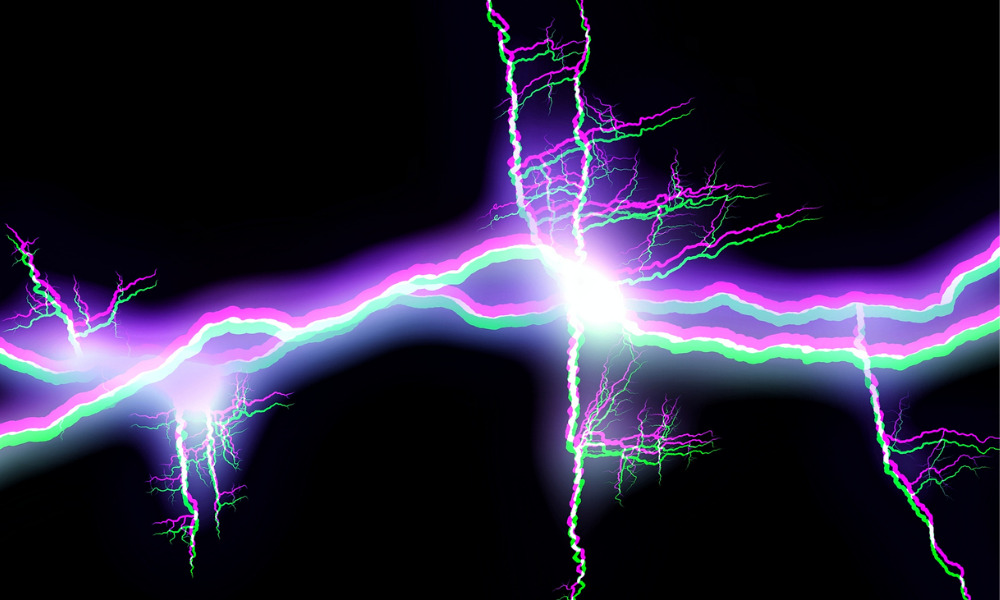Worker was electrocuted while working on solar panel project

Ontario employer Otter Energy Inc. has been fined a total of $100,000 after pleading guilty to two violations resulting in a workplace fatality.
The employer was fined $50,000 under the Occupational Health and Safety Act and $50,000 for a related conviction under the Electricity Act. Otter Energy must also pay a 25-per-cent surcharge as required by the Provincial Offences Act, to be credited to a special provincial government fund to assist victims of crime.
The fines stem from an Aug. 10, 2020, incident, when Otter Energy was engaged under contract to perform a solar panel retrofit in Embrun.
Between Aug. 4 and 7 that year, employees of the company installed the solar panels on the roof at the project.
On the day of the incident, employees of the company installed two Canadian Standards Association (CSA) certified inverters on the roof at the project, converting direct current (DC) to alternating current (“AC”), which is required to connect it to the electricity grid. However, the brand of inverters the workers used were not compatible with the MC4 connectors supplied with the solar panels.
At 11:30 a.m. on that day, the site supervisor asked the worker to fabricate extension wires with MC4 connectors on one end and Amphenol connectors on the other, so that the panels that were already installed on the roof would then connect with the inverters.
At approximately 2:00 p.m., the worker was working on the roof of the west side of the building. The site supervisor attended, just as the worker was in the process of cutting off and replacing the MC4 connector on the wires coming out of the solar panel.
As the supervisor arrived, the worker leaned on the metal roof frame and was suddenly electrocuted. Despite rescue efforts, the worker suffered fatal injuries.
After investigation, the Ontario government found that the metal roof frame had been in contact with an exposed “pinched” wire at one of the solar panels in the 25-panel string. This undetected ground fault caused a significant current to flow through the worker.
“Otter Energy Inc. failed as an employer, to ensure that every reasonable precaution was taken to prevent hazards to workers from energized electrical equipment, installations and conductors. This is an offence under section 183 of O. Reg. 213/91, and section 25(1)(c) of the Occupational Health and Safety Act,” according to the government.
The installation of solar photovoltaic (PV) systems (the conversion of solar energy to electricity) presents health and safety concerns for workers involved in the construction (installation), and maintenance of the systems as well as for other workers who work on or near these types of systems, according to Ontario’s Ministry of Labour, Immigration and Skills Development.
The ministry also shared some important points to consider when working on PV systems:
- All workers must be adequately trained on PV systems before they work on them (clause 25(2)(a) of the OHSA).
- Always follow the PV component/system manufacturer’s directions.
- Small amounts of sunlight can produce a voltage potential in a PV system that could result in electrocution or arc-flash injuries.
- A residential PV array can have up to 600 V of DC potential.
- Disconnect the DC switch before disconnecting or connecting a string of PV panels. This includes connecting or disconnecting ingress protection connectors (i.e., connectors that are finger safe where the electrical contacts of the wiring cannot be touched and result in an electrical shock).
Also, each sector-specific regulation requires lockout and tagging of electrical equipment before the work begins and while it continues under certain conditions, it said.
“Those workplaces not covered by sector-specific regulations should implement appropriate lockout and tagging procedures as a precaution reasonable in the circumstances for the protection of a worker (clause 25(2)(h) of the OHSA),” according to the ministry. “Lockout and tagging procedures should be in place before wiring is installed between the combiner boxes and the source (PV) disconnect at the inverter and before grid power is connected to the service meter.”
In May, British Columbia employer Iron Bay Holdings Ltd./Shack Shine was fined $5,000 after one of its workers sustained serious injuries in the workplace. The worker was using a telescoping cleaning pole to clean windows. During this process, the pole contacted an overhead high-voltage power line and the worker sustained serious injuries.
In March, a Nova Scotia Power technician who was working on a power line outside a home in Upper Sackville, N.S., died on the job from a “possible electrocution”.





